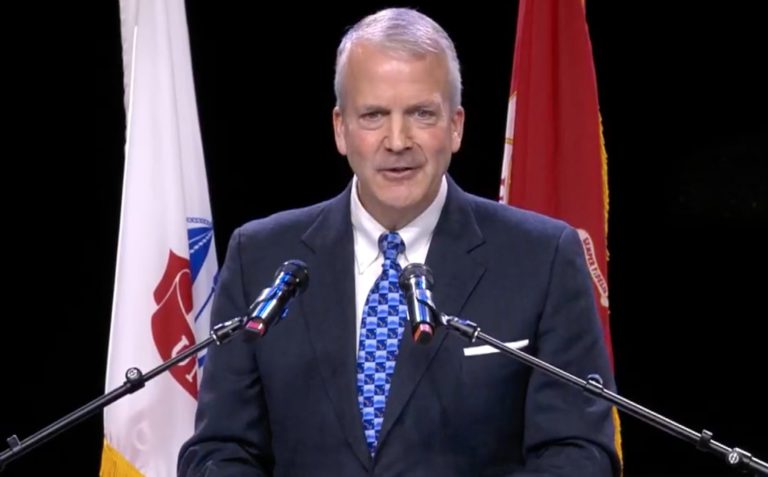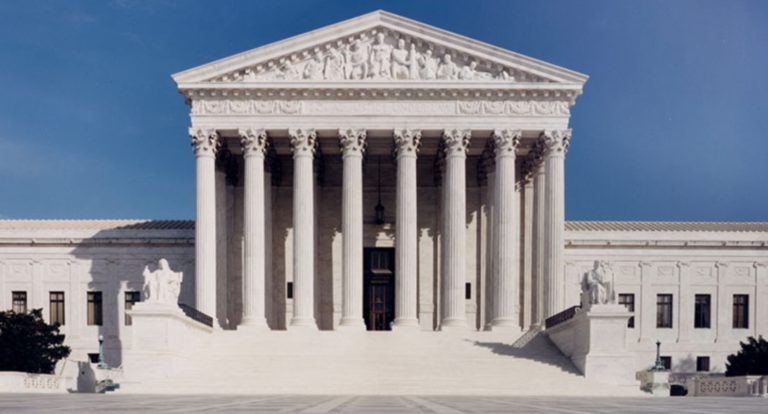By SCOTT ATLAS, MD | REAL CLEAR WIRE
The public health emergency of the SARS2-CoV pandemic ended long ago, but America faces a new emergency. Faith in health agencies has plummeted more rapidly since 2019 than any other government institution, with almost two-thirds now rating the FDA and the CDC as “only fair or poor.”
Half of America no longer has much confidence in science itself.
The loss of trust is part of the disgraceful legacy of those who held power during the pandemic. Two presidents and dozens of governors hid behind public health bureaucrats Anthony Fauci, Deborah Birx, Robert Redfield, and Rochelle Walensky. They ignored Henderson’s classic review 15 years earlier showing lockdowns were both ineffective and extremely harmful. They rejected the alternative, targeted protection, recommended as early as March 2020 by Ioannidis, Katz, and Atlas.
Beyond a reckless disregard for foreseeable destruction from their policies, America’s leaders imposed sinful harms and long-lasting damage on our children, the totality of which may not be realized for decades. Mandatory school closings, forced isolation of teens and college students, and required injections of healthy children with experimental drugs attempting to shield adults will be a permanent black mark on America.
And the truth cannot be denied – the Birx-Fauci lockdowns failed to stop the death and the spread of infection (see Bjornskov, Bendavid, Agrawal, Herby, and Kerpen) and inflicted tremendous harms, shifting the pandemic burden to low-income families to spare the affluent.
America’s next president needs to lead with strong reforms, because the Birx-Fauci stain on public health and science jeopardizes the credibility of all future health guidance.
Here are some recommended initial executive orders:
- Clearly define by law “public health emergency” with strict time limits (e.g., two weeks), requiring legislation to extend. Human rights were violated in the United States. Guarantees of the most fundamental freedoms upon which this country was founded – speech, religion, assembly – were suddenly reversed, without limit, by lockdowners under the guise of “the science” and “safety.” The U.S., with freedoms explicitly defined as “endowed by their Creator,” must be managed in concert with its system of laws, even during health emergencies.
- Add term limits (e.g., six years) to all health agency positions, including top- and mid-level posts, after first cleaning house of all heads of CDC, NIH, and FDA. For instance, Anthony Fauci worked as a bureaucrat for 38 years. Such longevity accrues power and seems to inhibit dissenting voices, while setting up unhealthy relationships with outside parties, including the media.
- Forbid all drug royalty-sharing by employees of FDA, NIH, CDC, and forbid related private jobs for five years after government service. OpenTheBooks revealed that between 2009 and 2021, approximately 54,000 royalty payments totaling $325.8 million were paid by third party entities to NIH researchers, sources redacted. We know that Dr. Francis Collins, the NIH’s former director, received 21 payments and Dr. Anthony Fauci received 37 payments between 2010 and 2021. This shocking conflict of interest, with hundreds of agency employees garnering personal profit forcibly revealed by FOIA requests, is the most urgent among many reforms.
- Require full transparency of all FDA, CDC, and NIH discussions with immediate posting to public forums. Statements from all advisors in those meetings, such as the startling October 26, 2021, recommendation of Eric Rubin, M.D., FDA advisor for children’s COVID vaccines, that “we’re never going to learn about how safe this vaccine is [in children] unless we start giving it. That’s just the way it goes,” must be widely visible to the public.
- Restatement with executive order that the CDC and other health agencies are strictly advisory and do not have power to set laws or mandates. Limiting health agency power is a way to begin holding elected officials accountable to the citizens, rather than allowing the pretense of hiding behind those agencies.
- Decentralize today’s cartel of NIH funding that controls all academic science careers and university medical centers. More than 15 U.S. medical centers receive over $500 million each – per year – from the NIH, the dominant funder of all scientific research, to the tune of $45 billion per year. Leverage on individual university scientists who owe their careers to NIH funding explains the February 2020 Lancet publication concocted behind closed doors calling the lab origin of the SARS2 virus a “conspiracy theory”– perhaps to conceal NIH malfeasance overseen by Drs. Collins and Fauci, who sent more than $2 million taxpayer dollars to fund China’s dangerous gain-of-function research to circumvent our country’s restrictions. Instead, disseminating control of NIH funding across regions with block grants to states would reduce this grip on independent voices.
- Immediately halt all binding agreements or pledges to the World Health Organization. The U.S. is the largest funding nation to WHO activities, but the WHO record is abysmal. In addition to supporting China’s stonewalling, Director Tedros backed China’s reckless human rights violations, stating “the Chinese government is to be congratulated for the extraordinary measures it has taken to contain the outbreak,” even as it used pseudoscience to essentially imprison its citizens. WHO disregarded evidence in its guidelines on mitigation, censored its own staff for acknowledging limits of asymptomatic spread, and flipped fundamental definitions like “herd immunity“ to influence behavior, rather than to dispassionately inform with data.
- We must hope Tedros was joking when he said, “China is actually setting a new standard for outbreak response.” Blind to the obvious need for reassessment, the Biden administration’s ambassador to the WHO Pamela Hamamoto already promised “The United States is committed to the [WHO’s] Pandemic Accord” even without seeing the final version. In that Accord, the WHO will define “public health emergency” for other countries – the fundamental basis to justify restrictions on the public. What is the rationale for any sovereign nation to allow a third party to legally define and impose such a critical state?
Finally, American voters need to wake up and hold elected officials accountable. Without substantial reforms, the promised freedoms of the United States will have lost legitimacy.
Scott W. Atlas, M.D., is a senior fellow at Stanford University’s Hoover Institution; co-director of the Global Liberty Institute; former advisor to the president and member, White House Coronavirus Task Force; and author of “A Plague Upon Our House: My Fight at the Trump White House to Stop COVID From Destroying America” (Bombardier Press).
This article was originally published by RealClearPolitics and made available via RealClearWire.










